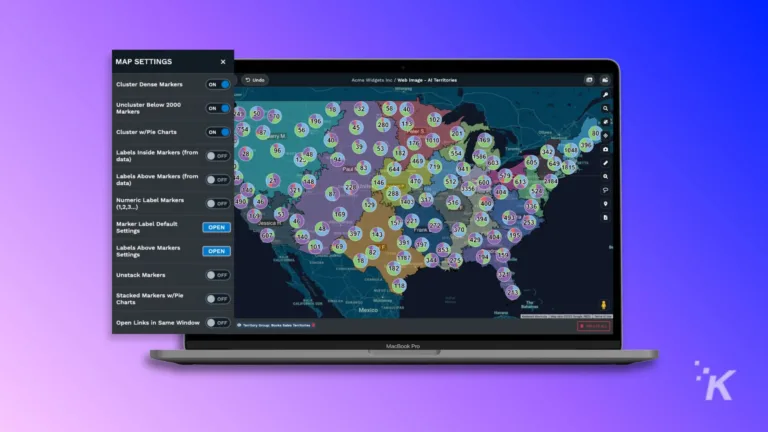Business
Unlocking growth: Data-driven decisions fuel success in finance
Companies are embracing transparency, leveraging real-time analytics and automated reconciliation to drive data-driven decisions, empower finance teams, and earn stakeholder trust.

Just a heads up, if you buy something through our links, we may get a small share of the sale. It’s one of the ways we keep the lights on here. Click here for more.
Given the constant evolution of global markets and the expanding constraints on the economy, financial operations have never needed to be more transparent. Businesses are expected to react swiftly and smartly.
This means companies will make data-driven decisions and have clear visibility into cash flows, obligations, and financial risk. A thorough financial understanding is not only good practice in such a scenario, but it becomes a strategic advantage for the individual.
Real-time analytics helps companies adjust to shifts in demand, supply chain disruptions, and changes in regulatory laws. In addition, they are more likely to win over stakeholders, investors, and regulators.
Account Reconciliation as a Pillar of Transparency
Companies emphasize account reconciliation for financial transparency. They do this for transparency. Account reconciliation always took time.
To verify records, bank statements and internal ledgers are used. Unnoticed or delayed errors might cause substantial financial losses. This is especially true if ignored.
Advanced automation streamlines reporting, risk reduction, and reconciliation for modern finance teams. These goals are met concurrently. Leadership trusts decision-making data and compliance.
The Bottom Line, Speed, and Precision Are Crucial
Speed is more important than ever in business, but accuracy must be prioritized. This must always be remembered. Organizations that use outdated or error-prone bookkeeping methods will suffer compliance and operational issues.
These organizations are unable to pay their bills. Real-time reconciliation reduces financial blind spots in enterprises. Thus, investment, staffing, and expansion decisions are guaranteed to be based on the most accurate and current data available.
This increases agility, which is more important in volatile markets. This boosts agility.
Consider Trust as a Financial Asset
Investors, lenders, and clients are increasingly recognising the importance of financial sector transparency. Fiscal discipline is shown by a company that provides accurate and timely financial reports.
The company also has operational maturity. Trust can be compared to currency, depending on the circumstances. Account reconciliation, which usually happens behind the scenes, is crucial to building and maintaining this confidence.
Audited, verified, and consistent financial data can support cooperation and expansion. Any company’s success depends on this basis.
Increase Finance Function Authority in the Organization
Financial workers now do more than crunch numbers in the back office. Due to increased financial transparency, these specialists are becoming strategic advisers.
This change is happening. Experts can spend less time confirming data and more time studying it, recognizing trends, anticipating results, and providing strategic direction insights. This is done by automated data reconciliation.
This transition in duty shows finance’s growing role as a leader rather than a support service. It shows finance’s growing importance.
Clarity Fuels Growth
To grow, you need more than simply compliance; you need financial clarity. Policies and practices that make it possible to reconcile quickly and correctly help businesses make smart choices, especially when it comes to big issues.
To succeed in a corporate world that moves quickly and is unpredictable, you need to be clear and focused. It helps businesses respond, adapt, prepare, and lead their fields. Being open about financial operations lowers risks and increases chances.
This helps people trust one another and be strong, which are both important for long-term growth and survival.
We’d love to hear your thoughts! Share your insights or experiences with financial transparency and account reconciliation in the comments below.
Editors’ Recommendations:
Disclosure: This is a sponsored post. However, our opinions, reviews, and other editorial content are not influenced by the sponsorship and remain objective.





























Katarina
February 4, 2026 at 4:53 pm
In today’s fast-paced financial landscape, making data-driven decisions is key to staying ahead. Clear visibility into cash flow, obligations, and risks empowers teams to act strategically and maintain stakeholder trust. For businesses looking to fund initiatives or expand operations efficiently, a fast cash loan can provide quick access to capital, enabling smarter financial moves without interrupting daily operations.